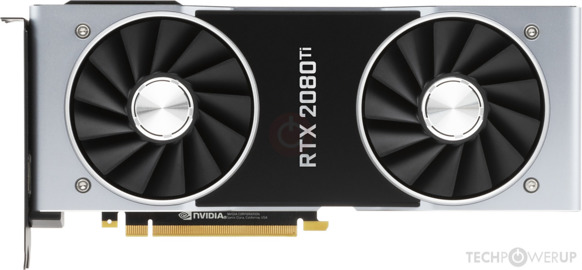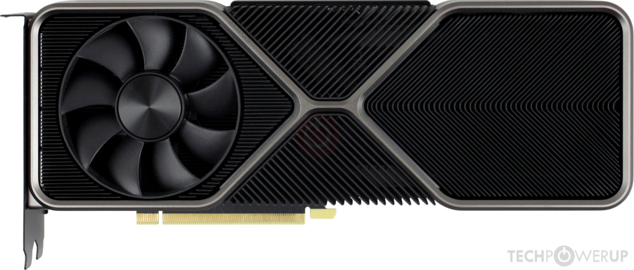- Joined
- Nov 20, 2021
- Messages
- 57 (0.04/day)
| Processor | 7800x3D |
|---|---|
| Motherboard | Asus B650E-E |
| Cooling | Arctic liquid freezer III 420 |
| Memory | 32GB 6000 CL28 DDR5 |
| Video Card(s) | RTX 4090 |
| Storage | 990 Pro 4tb |
| Display(s) | Dell AW2725DF QD-OLED 360hz + LG Dual UP + 27GL850B |
| Audio Device(s) | Topping DX7 PRO+ |
| Power Supply | Corsair HX850i |
| Mouse | G-Wolves HSK pro 4k |
| Keyboard | Wooting 80HE |
| Software | 10 x64 |
I was looking at the GPU database and found some inconsistencies.
for example trying to find the difference between as 2080TI and a 3080, we look and the database says 39%
but if we go for example to the latest 3080 review

 www.techpowerup.com
www.techpowerup.com
the difference is nowhere near that on any resolution, the relative performance differences are
1080: 41%
1440: 24%
4K: 30%
average: 31.5%
The DB says that the performance for 2080TI and over is 4K, but 4k performance on the reviews is +30% and the DB is a 39% meaning almost a 30% increase discrepancy.
the database stats doesn't match anywhere near those results nor any other review, so, what's wrong or what I am reading wrong from the DB about the results?
for example trying to find the difference between as 2080TI and a 3080, we look and the database says 39%
but if we go for example to the latest 3080 review

ASUS GeForce RTX 3080 Noctua OC Review - Just Wow
The quad-slot ASUS GeForce RTX 3080 Noctua is the quietest RTX 3080 we ever tested by a huge margin. Even when fully loaded and delivering more than 60 FPS at 4K resolution is the card nearly inaudible. Not only noise levels are incredible, temperatures are very impressive, too.
the difference is nowhere near that on any resolution, the relative performance differences are
1080: 41%
1440: 24%
4K: 30%
average: 31.5%
The DB says that the performance for 2080TI and over is 4K, but 4k performance on the reviews is +30% and the DB is a 39% meaning almost a 30% increase discrepancy.
the database stats doesn't match anywhere near those results nor any other review, so, what's wrong or what I am reading wrong from the DB about the results?
Last edited:






